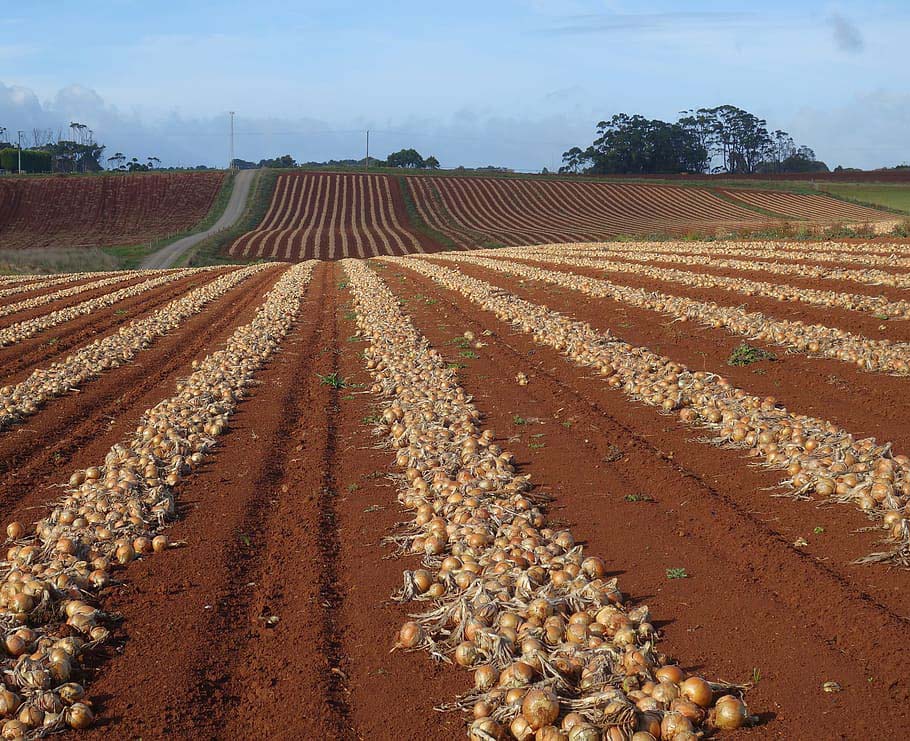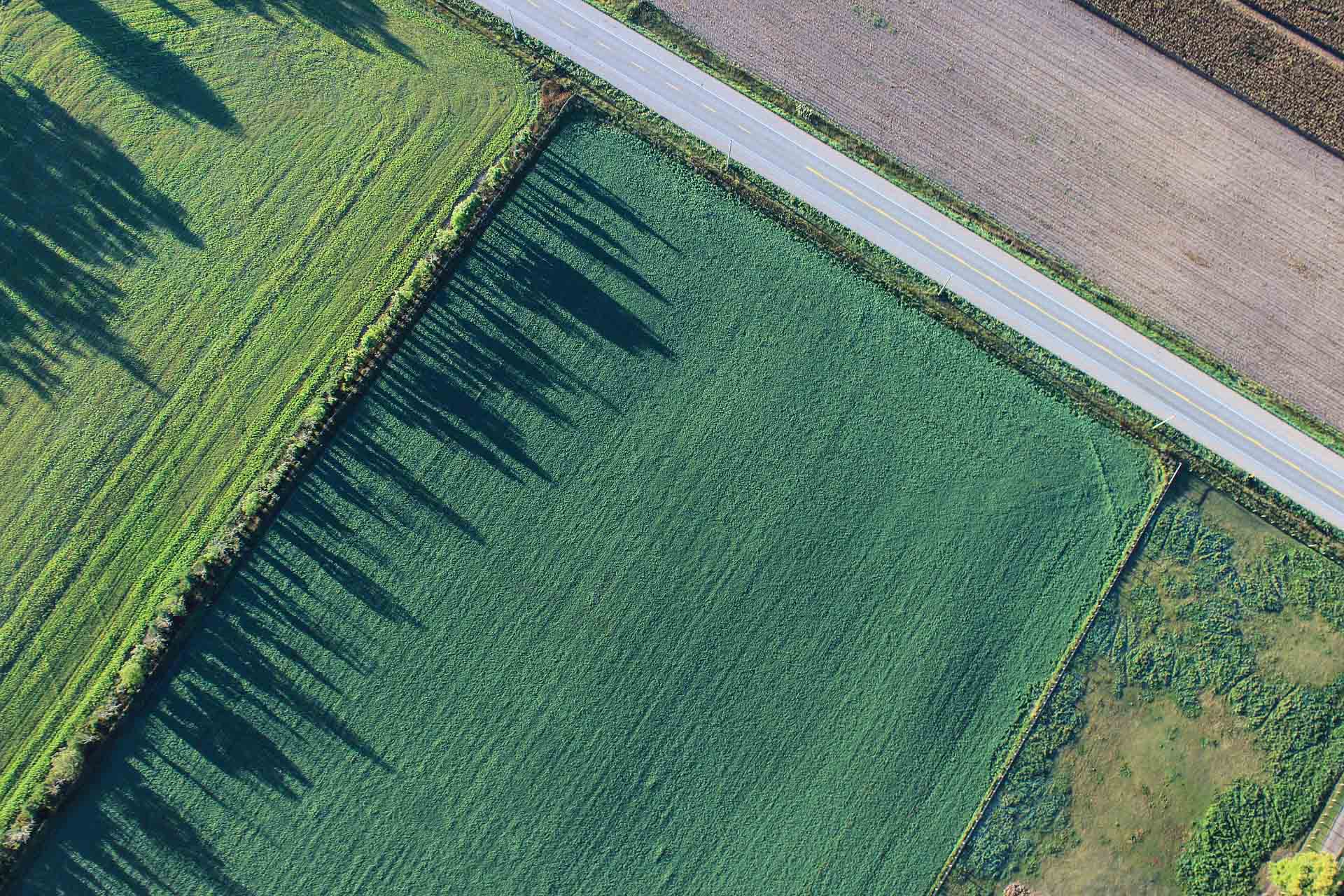According to legend, organic farms are the way Mother Nature meant for us to live.
Every community has a small Mom and Pop farm. You know the food is safe because you buy it directly from Mom and Pop at the weekend farmer’s market. The fruits and vegetables — which are so much tastier than that garbage at Safeway! — are grown without pesticides and picked by hand. They have a chicken named Colin. On top of all that, because everything is locally grown, Mom and Pop’s farm is better for the environment.

Science says that’s all nonsense. Organic food isn’t tastier or healthier than conventional food. And no matter what Mom and Pop say, organic farms use pesticides. Lots of them. And now, a new study in Nature Sustainability says that gigantic, high-yield “corporate” farms are better for the environment than Mom and Pop’s organic one.
The study essentially confirms what ought to be common sense: It is better for the environment if we farm as efficiently as possible. That way, we can use less land for farming and conserve the rest for biodiversity.

Conventional Farms Beat Organic Farms
When it comes to crop yields, organic farms are about 20% less efficient than conventional farms. The classic retort is that is the cost of having an environmentally friendly farm. But this new study, which had three major findings, shows that’s not true.
First, the researchers discovered that useful data on the environmental impact of farming was hard to find. The reason is because most studies did not bother to examine yields. If Farm A pollutes 10% more than Farm B, but produces twice as much food as Farm B, then Farm A is clearly better. Most previous studies simply ignored that.
Second, contrary to popular opinion, high-yield farms were better for the environment in multiple ways. A statement by the University of Cambridge summarizes this point succinctly: “[M]ore intensive agriculture that uses less land may also produce fewer pollutants, cause less soil loss and consume less water.”

Finally, some high-yield farming practices ought to change. For example, the authors point to the environmental cost of using ammonium nitrate that is derived from fossil fuels. Also, the authors stress that for high-yield farming to have a net positive impact on the environment, the world cannot continue converting wilderness into farmland. Habitat destruction, usually due to agriculture, is the greatest threat to biodiversity.
The bottom line is clear: Organic farms produce fewer crops and are worse for the environment. Don’t build more of them.
Read More:
*This article is courtesy of www.acsh.org. Read the original article here.
